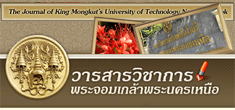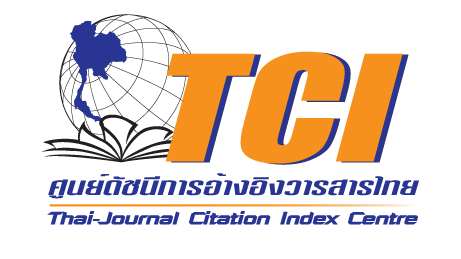บทคัดย่อ
Data used for analysis are a variety such as query information in order to identify the main factors influencing the quality of the Lower Songkhram Wetland (LSW), Thailand. There are a total of 8,360 data from questionnaire which was based on 20 socio-economic factors. Questionnaires of 418 sets were administered at the LSW in 40 sub-districts. It used survey from December 2012 to January 2013. Data were analyzed by using the technique of Principal Component Analysis (PCA). The results show seven groups of factors that influence the wetland quality as follows (1) the communities’ economy (2) changes in the economic system of the country, (3) the participation of the people (4) the awareness of people (5) the conservation of water (6) planning and coordination of community, and (7) the policy of the community. The principal component analysis found the important factors influencing the wetland quality, which could be guideline for the wetlands management.
คำสำคัญ : Lower Songkhram Wetland, Socio-economic factors, Principal Component Analysis, PCA




